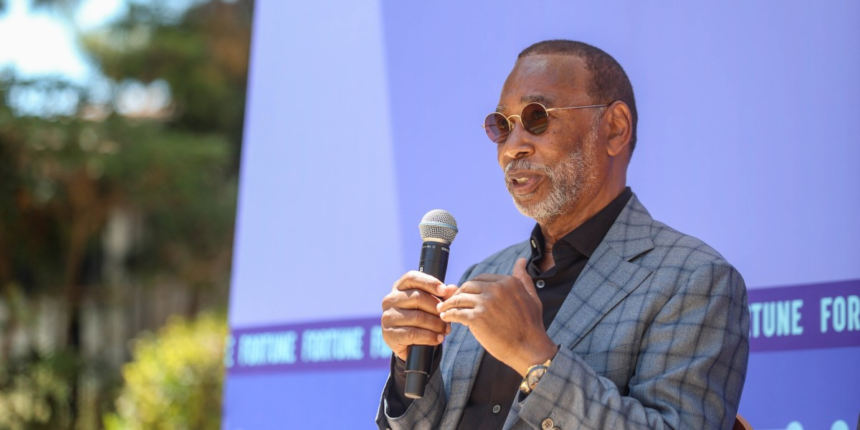Good morning!
Miller was being considered for a role at a then-Big Eight public accounting firm Arthur Andersen, and had gone through several interviews. Finally, Miller decided he would tell the hiring manager his secret: He had spent time in a juvenile correction center as a teen for his role in the death of another teenager he mistakenly thought was from a rival gang. As Miller told the hiring manager about his criminal past, Miller watched the manager’s face fall. The manager told Miller he had an offer letter in his pocket but he couldn’t give it to him.
At that point, Miller had fought hard to turn his life around. He managed to get an associate’s degree by taking college classes while in jail before transferring to Temple University to get a degree in accounting with honors, and later an MBA from La Salle University. After the Arthur Andersen rejection, he thought about how the whole endeavor might be a waste of time and money, and that he would never be able to build a career.
But Miller didn’t give up. Instead, he decided to forget about public accounting—and to never share his story with anyone. He wouldn’t deny it or lie if someone asked but he certainly wasn’t going to volunteer the information. For the next 40 years, he worked hard while keeping that part of his life a secret.
“It was brutal because every day I walked around concerned and worried as I was trying to build my career,” he said. “Every day I’m worried that somehow the story is going to get out and it’s going to destroy everything that I had built up to that point.”
Miller notes that in the internet age, people can’t hide their pasts anymore the way he did. And the education program that helped him discover a love of accounting and business doesn’t exist anymore. So Miller has taken up the cause of highlighting the potential this group has to contribute to the workforce. He emphasizes that this cohort often sees employment as a privilege, not just an obligation.
“To me, that’s a clear indication that if people are able to learn a trade, get an education—do something that allows them to rebuild their life, take care of their families, and get back to their communities, people don’t go back to jail,” said Miller. “That should be the goal.”








